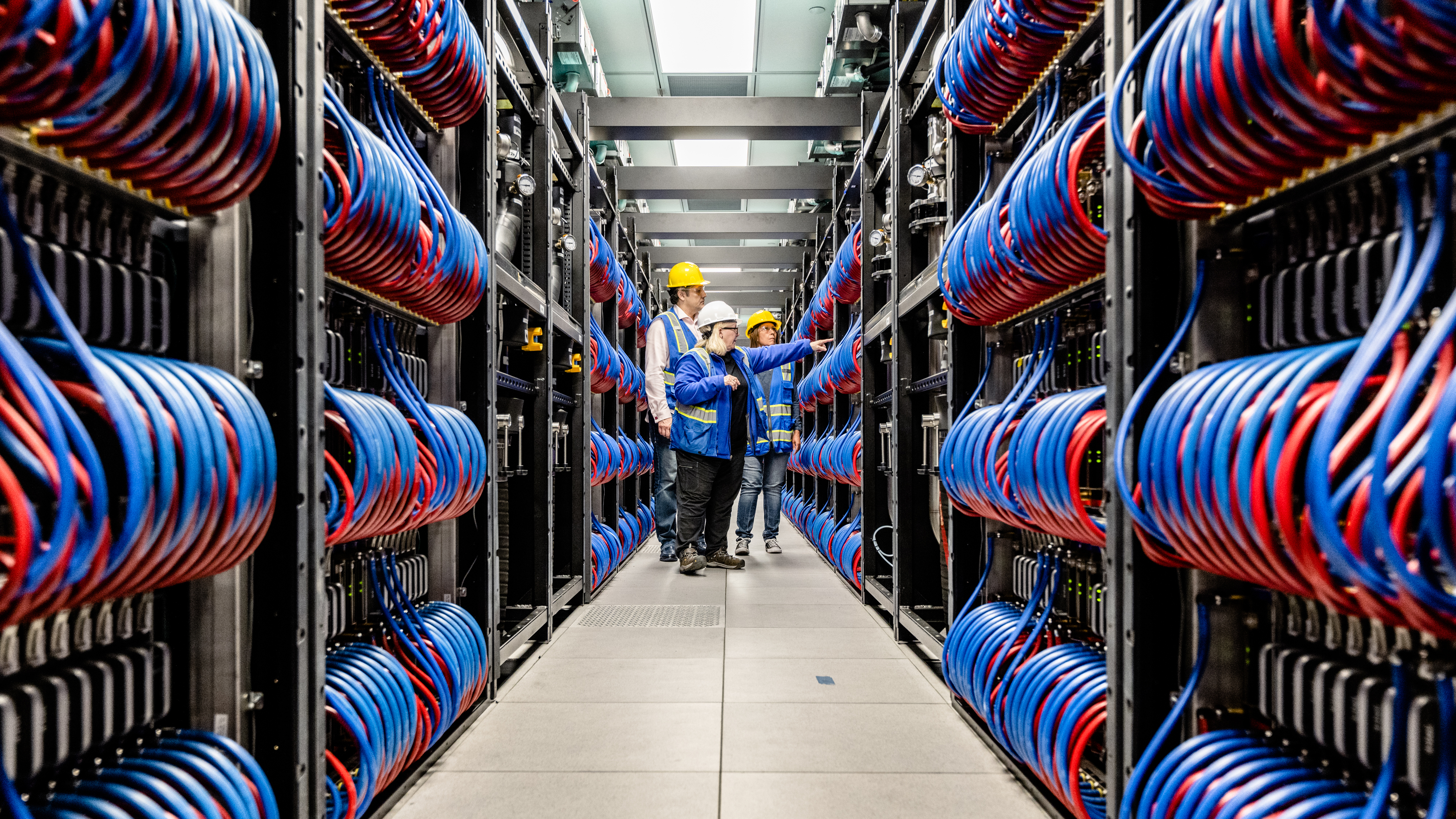U.S. gov't tightens China restrictions on supercomputer component sales
Industry groups oppose the proposal.

The U.S. government has proposed a regulation requiring citizens and permanent residents to report transactions involving the construction of supercomputers with performance exceeding 100 PetaFLOPS in countries of concern, primarily China, reports HPCWire. The regulation is meant to further solidify restrictions imposed in 2022 that prevent selling processors that enable 100 PFLOPS supercomputers to China.
The document, Provisions Pertaining to U.S. Investments in Certain National Security Technologies and Products in Countries of Concern, explicitly identifies 'categories of transactions involving technologies and products that may contribute to the threat to the national security of the United States.'
In 2022, the U.S. government prohibited chipmakers (as well as distributors) from selling processors that could enable building supercomputers with performance of over 100 FP64 PetaFLOPS or over 200 FP32 PetaFLOPS within 41,600 cubic feet (1178 cubic meters) or smaller space to Chinese entities or entities associated with China.
The new regulation specifically targets transactions related to building, selling, or producing supercomputers in countries of concern (China, Macau, and Hong Kong) with over 100 FP64 PFLOPS or 200 FP32 PFLOPS in the said dimensions. The new rules are not limited to developers of CPUs, GPUs, or FPGAs but cover a much broader spectrum of hardware. These rules also apply to individuals or entities with controlling interests in foreign organizations or those involved in managing such activities.
The Semiconductor Industry Association (SIA) and National Venture Capital Association (NVCA) have voiced strong opposition to the proposed law. They argue that the financial burden of compliance could be significantly higher than the government’s estimates, potentially reaching up to $100 million. These groups also worry that the restrictions could erode the US’s competitive edge in the semiconductor industry.
Venture capital firm Andreessen Horowitz (a16z) has suggested that the government should reconsider its focus on computing power thresholds, arguing that these could quickly become outdated. Instead, they propose that restrictions should be based on the type of foreign entities involved rather than the computational capabilities.
As the proposed regulation remains in the comment period, the tech industry continues to push for revisions, emphasizing the need for clearer definitions and a more focused approach that safeguards national security without stifling innovation or harming US companies' global competitiveness.
Get Tom's Hardware's best news and in-depth reviews, straight to your inbox.

Anton Shilov is a contributing writer at Tom’s Hardware. Over the past couple of decades, he has covered everything from CPUs and GPUs to supercomputers and from modern process technologies and latest fab tools to high-tech industry trends.